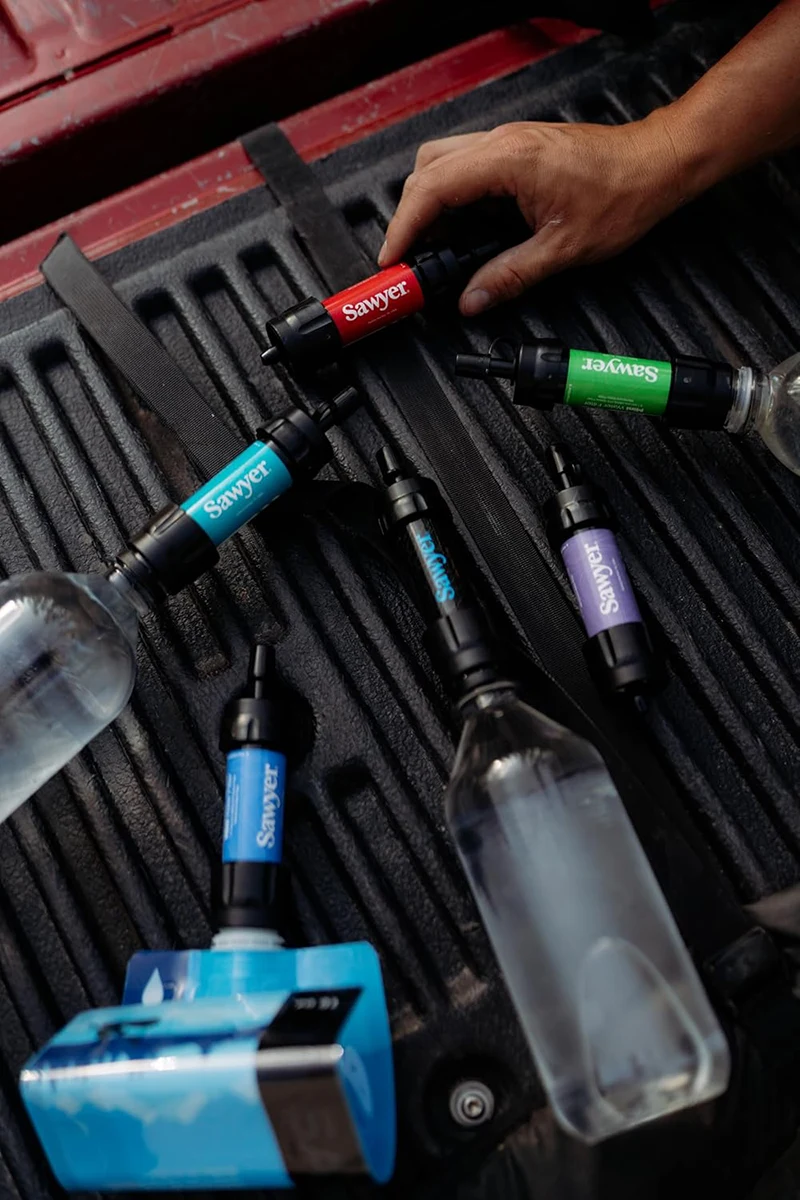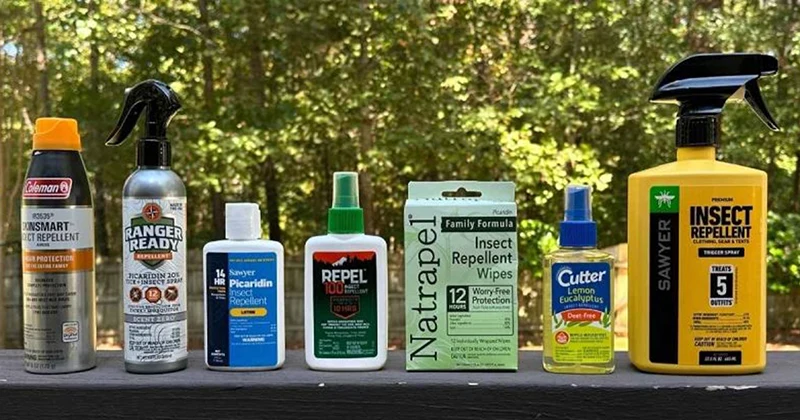Wide Open Spaces: Malaria Confirmed in Florida and Texas—Should We All Be Worried?
Wide Open Spaces: Malaria Confirmed in Florida and Texas—Should We All Be Worried?

Wide Open Spaces: Malaria Confirmed in Florida and Texas—Should We All Be Worried?
YouTube video highlight
For the first time in 20 years, malaria has been contracted in the U.S.
Read more about the projectMalaria Confirmed in Florida and Texas—Should We All Be Worried?
A tropical disease doc on if we're all at risk of the deadly disease after the CDC confirmed locally-acquired cases.
For the first time in 20 years, malaria has been contracted in the U.S.: Five cases of locally-acquired malaria have been reported in Florida (four patients) and Texas (one patient) in the last two months, according to a recent announcement from the Centers for Disease Control and Prevention (CDC).
Considering the disease can be deadly and this summer's rain and heat is bringing more mosquitoes out than ever—should we be worried?
How Did This Happen?
Well, for starters, we always have malaria-carrying mosquitoes (Anopheles mosquitoes) in the U.S.—we just don't have an abundance of malaria itself for the species to spread it, explains tropical disease expert Michael Zimring, M.D., director of The Center for Wilderness and Travel Medicine at Mercy Medical Center in Baltimore, MD.
In all likelihood, the recent locally-acquired cases mean someone went to a high-risk location like Africa or South America, contracted the parasite, came back to the States, and then got bit by a healthy Anopheles mosquito who went on to transfer it to these five people in Florida and Texas, Dr. Zimring explains.
Are We At Risk?
The risk of you catching malaria, even if you're in Florida or Texas, is extremely low, says both Dr. Zimring as well as the CDC.
"There isn't enough of a reservoir of infected mosquitoes here for this to become widespread at this moment," Dr. Zimring reassures.
However, as temperatures increase year after year alongside more rain and floods, mosquitoes will become a bigger and bigger problem—and potentially malaria-infected mosquitoes, too, he adds.
While malaria can be deadly, we at least have preventative medicine as well as very effective treatments for it.
Learn more and read the complete article written by Rachel Schultz here.
Wide Open Spaces: Malaria Confirmed in Florida and Texas—Should We All Be Worried?


Malaria Confirmed in Florida and Texas—Should We All Be Worried?
A tropical disease doc on if we're all at risk of the deadly disease after the CDC confirmed locally-acquired cases.
For the first time in 20 years, malaria has been contracted in the U.S.: Five cases of locally-acquired malaria have been reported in Florida (four patients) and Texas (one patient) in the last two months, according to a recent announcement from the Centers for Disease Control and Prevention (CDC).
Considering the disease can be deadly and this summer's rain and heat is bringing more mosquitoes out than ever—should we be worried?
How Did This Happen?
Well, for starters, we always have malaria-carrying mosquitoes (Anopheles mosquitoes) in the U.S.—we just don't have an abundance of malaria itself for the species to spread it, explains tropical disease expert Michael Zimring, M.D., director of The Center for Wilderness and Travel Medicine at Mercy Medical Center in Baltimore, MD.
In all likelihood, the recent locally-acquired cases mean someone went to a high-risk location like Africa or South America, contracted the parasite, came back to the States, and then got bit by a healthy Anopheles mosquito who went on to transfer it to these five people in Florida and Texas, Dr. Zimring explains.
Are We At Risk?
The risk of you catching malaria, even if you're in Florida or Texas, is extremely low, says both Dr. Zimring as well as the CDC.
"There isn't enough of a reservoir of infected mosquitoes here for this to become widespread at this moment," Dr. Zimring reassures.
However, as temperatures increase year after year alongside more rain and floods, mosquitoes will become a bigger and bigger problem—and potentially malaria-infected mosquitoes, too, he adds.
While malaria can be deadly, we at least have preventative medicine as well as very effective treatments for it.
Learn more and read the complete article written by Rachel Schultz here.
Wide Open Spaces: Malaria Confirmed in Florida and Texas—Should We All Be Worried?


Malaria Confirmed in Florida and Texas—Should We All Be Worried?
A tropical disease doc on if we're all at risk of the deadly disease after the CDC confirmed locally-acquired cases.
For the first time in 20 years, malaria has been contracted in the U.S.: Five cases of locally-acquired malaria have been reported in Florida (four patients) and Texas (one patient) in the last two months, according to a recent announcement from the Centers for Disease Control and Prevention (CDC).
Considering the disease can be deadly and this summer's rain and heat is bringing more mosquitoes out than ever—should we be worried?
How Did This Happen?
Well, for starters, we always have malaria-carrying mosquitoes (Anopheles mosquitoes) in the U.S.—we just don't have an abundance of malaria itself for the species to spread it, explains tropical disease expert Michael Zimring, M.D., director of The Center for Wilderness and Travel Medicine at Mercy Medical Center in Baltimore, MD.
In all likelihood, the recent locally-acquired cases mean someone went to a high-risk location like Africa or South America, contracted the parasite, came back to the States, and then got bit by a healthy Anopheles mosquito who went on to transfer it to these five people in Florida and Texas, Dr. Zimring explains.
Are We At Risk?
The risk of you catching malaria, even if you're in Florida or Texas, is extremely low, says both Dr. Zimring as well as the CDC.
"There isn't enough of a reservoir of infected mosquitoes here for this to become widespread at this moment," Dr. Zimring reassures.
However, as temperatures increase year after year alongside more rain and floods, mosquitoes will become a bigger and bigger problem—and potentially malaria-infected mosquitoes, too, he adds.
While malaria can be deadly, we at least have preventative medicine as well as very effective treatments for it.
Learn more and read the complete article written by Rachel Schultz here.






.png)

















































































































